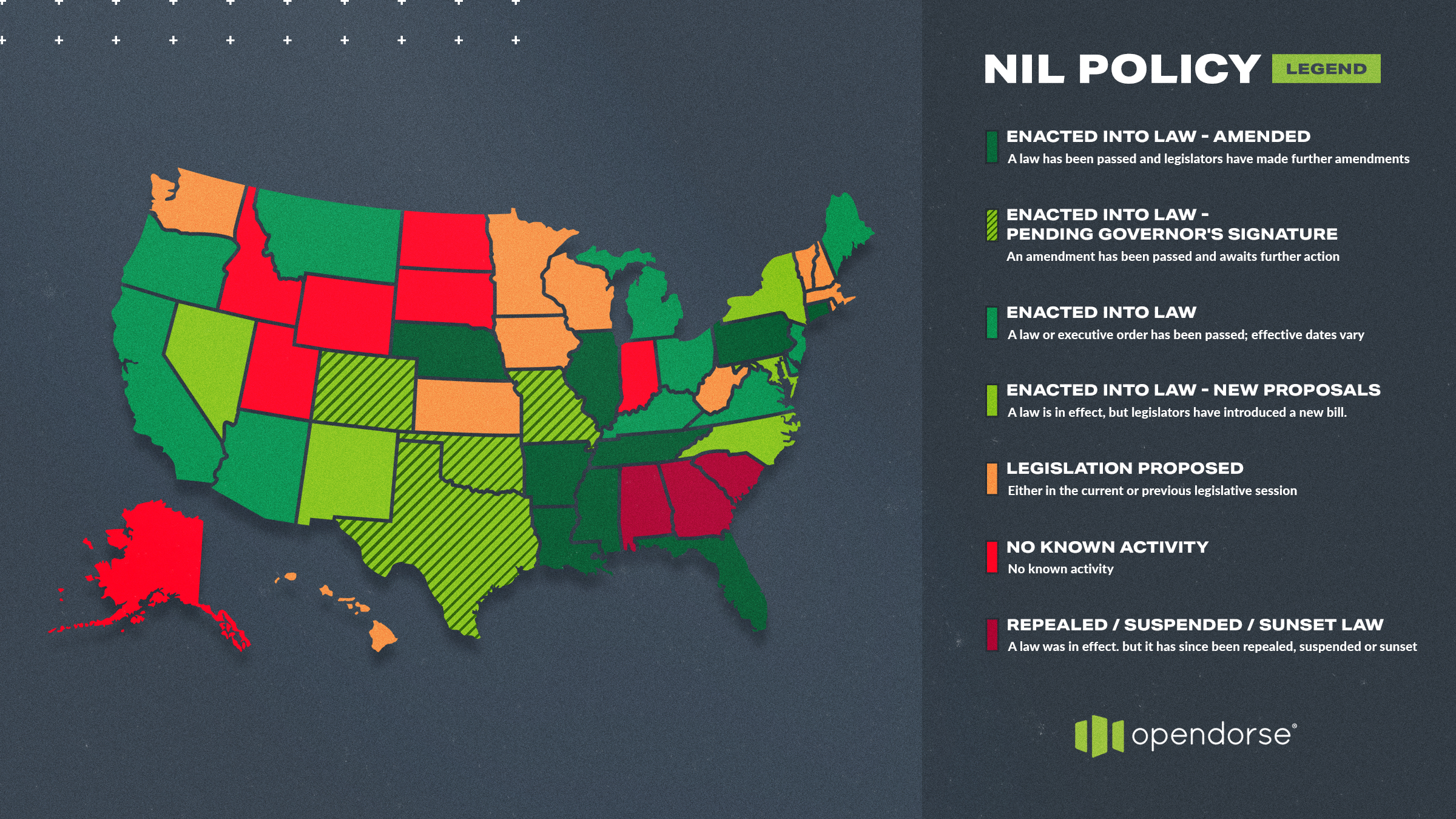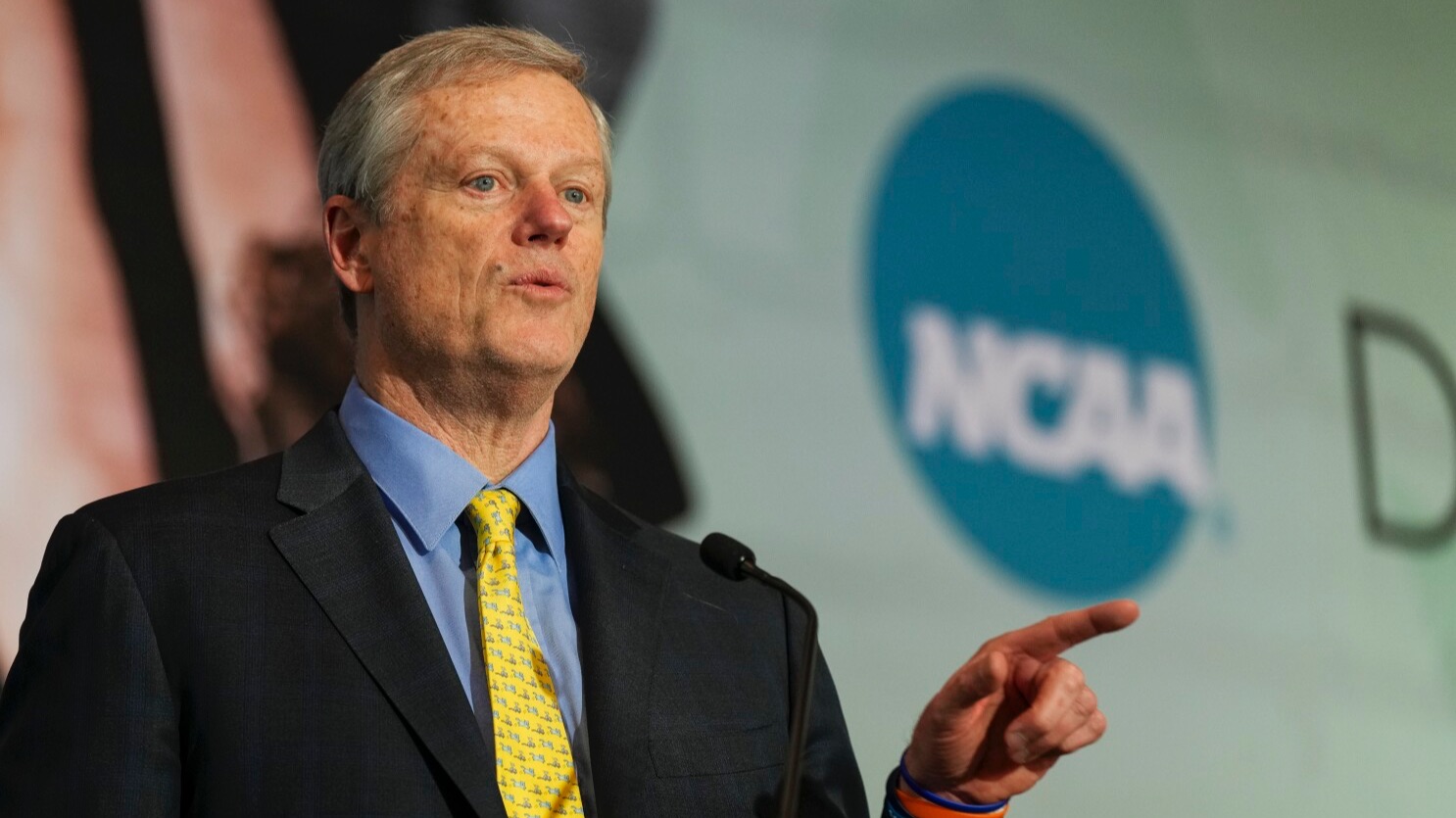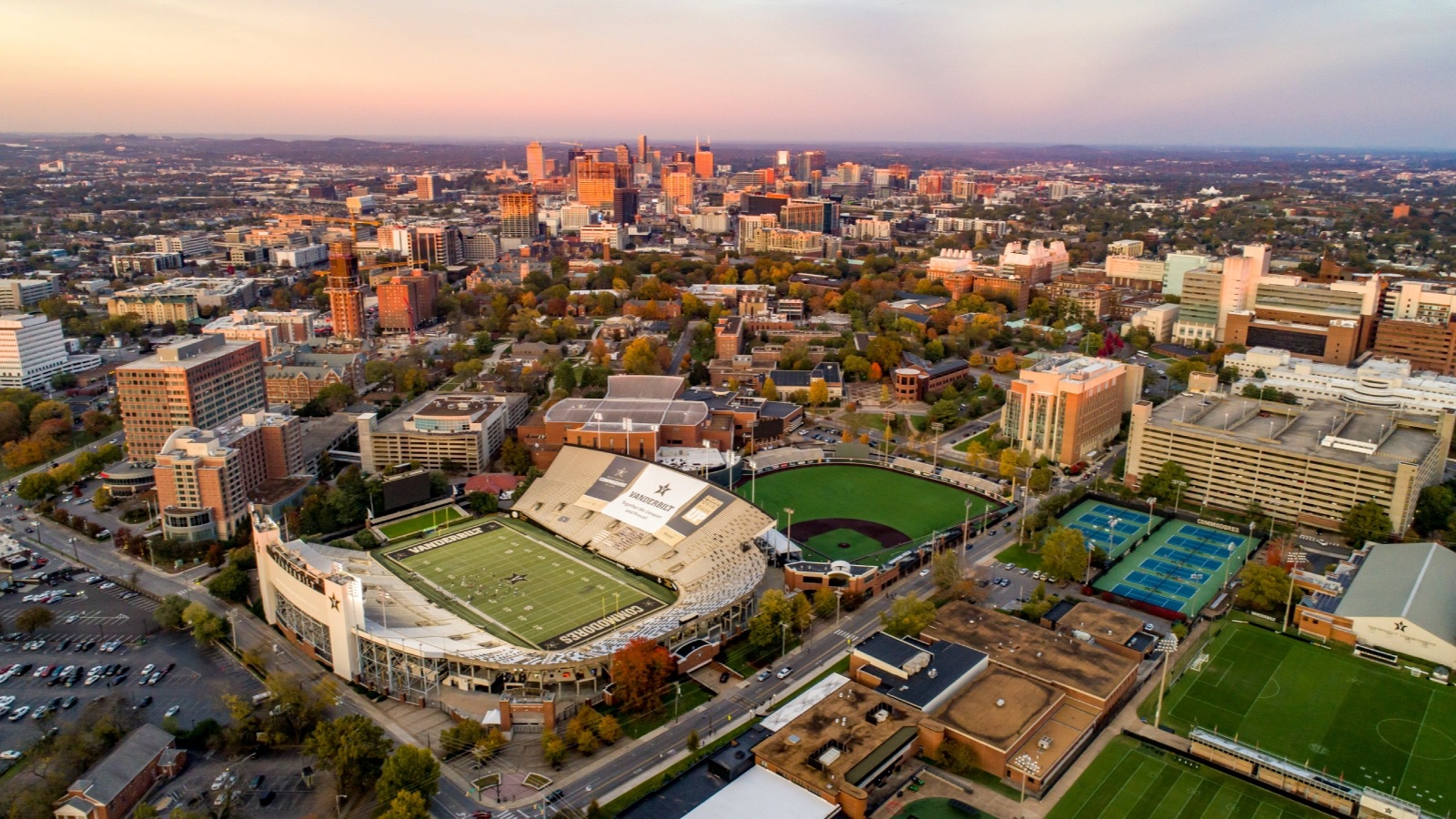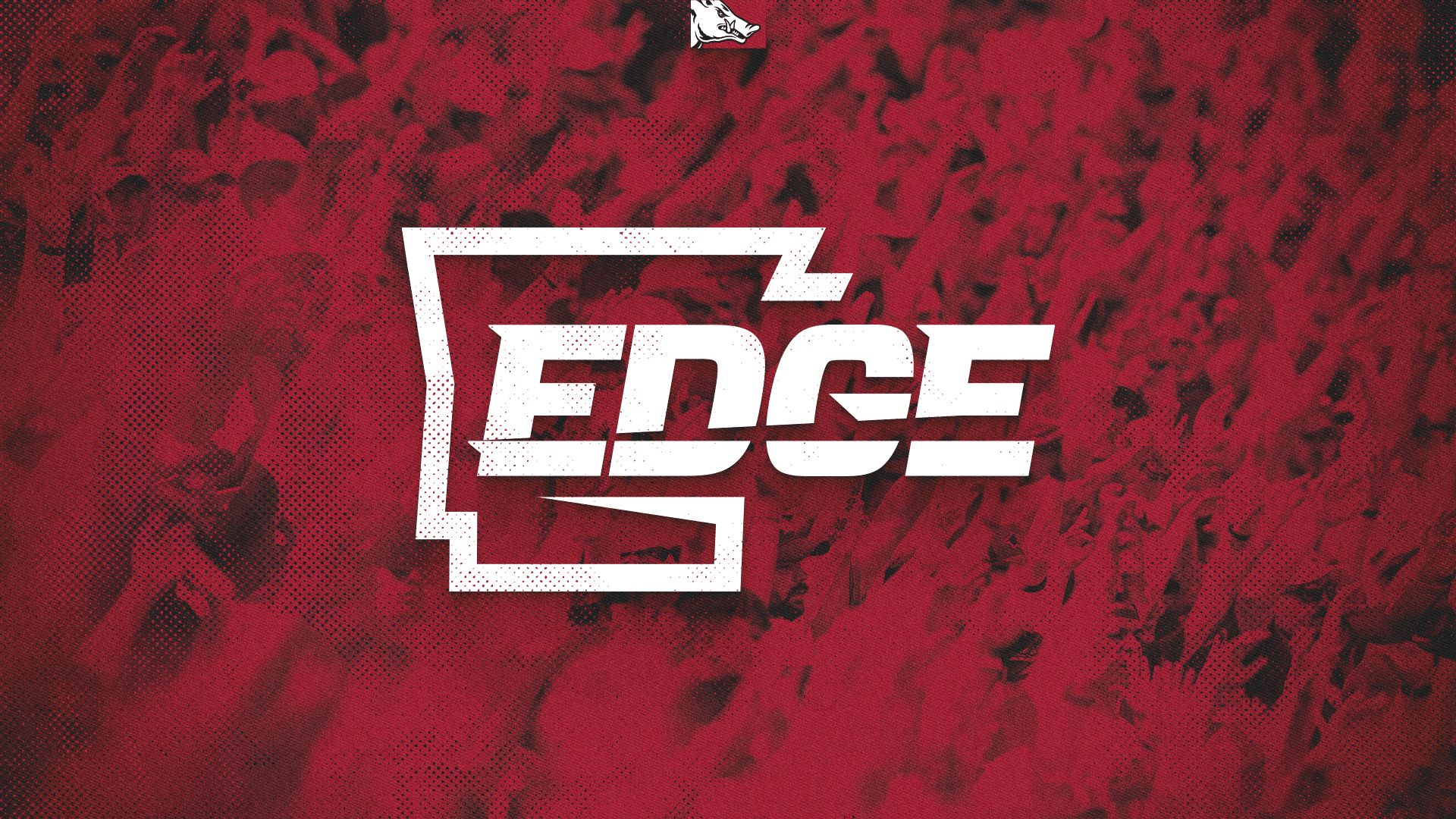Florida’s Agent Fee Cap for NIL, Michigan’s Revenue-Sharing Plan, and State NIL Law Changes
Feb 27, 2025Below are the top NIL headlines from Wednesday, February 26th:
Florida Bill Proposes 5% Cap on College Athlete NIL Agent Fees
In a landmark move to regulate agent compensation in the NIL era, Florida state Rep. Yvette Benarroch has introduced House Bill 981, which seeks to cap agent fees at 5% for college and high school athletes' endorsement deals. Set to take effect on July 1, the bill also allows high school seniors to begin earning NIL income after their final athletic season, provided they are 18 or have parental consent. The legislation aims to curb excessive fees charged by some agents, a concern highlighted by recent controversies, including reports of firms taking up to 50% of athletes' future NIL earnings. “Student-athletes deserve the freedom to pursue their opportunities without being exploited by predatory agents,” Benarroch stated. Florida, a pioneer in NIL legislation, continues to refine its regulatory framework as NCAA rules evolve, ensuring that athletes can maximize their earnings without undue financial burdens.
This bill is critical in protecting athletes from exploitative contracts, especially considering the existing agent fee regulations in professional sports. In the NBA, agents are capped at 4% of a player's contract under the Collective Bargaining Agreement, while NFL agents are limited to 3% of a player's contract. Without similar protections in place at the collegiate level, student-athletes are left vulnerable to excessive fees and unfavorable long-term agreements that can impact their financial future.
The Gervon Dexter case serves as a prime example of why stricter regulations are necessary. Dexter, a former University of Florida defensive tackle and current Chicago Bears player, signed a NIL deal in 2022 with Big League Advance Fund (BLA) that required him to pay 15% of his pre-tax NFL earnings for 25 years in exchange for a one-time payment of $436,485. Under his four-year, $6.72 million contract with the Bears, he now stands to owe BLA nearly $1 million. Florida Rep. Chip LaMarca, who sponsored the original state NIL law, called the deal a "predatory loan" that directly violated the state's previous NIL regulations, which prohibited contracts from extending into an athlete’s professional career. However, recent legislative changes in Florida rolled back key NIL protections, making it easier for companies to structure long-term agreements that significantly benefit them at the athlete’s expense. Dexter is now suing to void the agreement, arguing that it failed to comply with Florida’s NIL and athlete agent laws. His case underscores the urgent need for oversight in the NIL market to prevent young athletes from unknowingly locking themselves into financially damaging contracts.

Michigan NIL Revenue Sharing Distribution Plan
Starting in the 2025-2026 academic year, Michigan plans to distribute the full $20.5 million allowed under the new NCAA revenue-sharing model, which is based on 22% of the average Power Five school’s revenue. However, the allocation of these funds has sparked debate, as Michigan intends to direct 75% (roughly $15.38 million) to its football program, while the remaining 25% will primarily benefit men’s and women’s basketball players. This distribution reflects the reality that football and men’s basketball generate the bulk of college athletic revenue, but it has also intensified discussions surrounding Title IX fairness. Many critics argue that female athletes and those in Olympic sports are being left behind in the new NIL revenue-sharing structure.
To offset these costs, Michigan is exploring new revenue streams, including the potential for in-stadium advertising at Michigan Stadium—a departure from its long-standing policy of avoiding permanent ads in "The Big House." Athletic Director Warde Manuel emphasized that while the university aims to maintain its commitment to all varsity sports, tough financial decisions are necessary to remain competitive at the national level. As the NIL era continues to evolve, Michigan’s approach highlights the challenges universities face in balancing financial sustainability, athlete compensation, and compliance with federal gender equity laws.
Michigan’s men’s basketball program has seen a dramatic turnaround under first-year head coach Dusty May, going from an 8-24 record last season to contending for a Big Ten title. His leadership, emphasis on team culture, and ability to engage with donors have not only revitalized the program on the court but also strengthened its NIL support, positioning Michigan as a more competitive destination for top recruits.

State Law Changes That Impact NIL
As the NCAA prepares for the revenue-sharing era under the House settlement, several states are introducing legislation that could directly impact how these policies are implemented.
In Oregon, a proposed bill seeks to amend the state's NIL law by preventing the NCAA or any governing body from requiring college athletes to disclose NIL agreements with confidentiality clauses. This measure directly contradicts the House settlement, which calls for a clearinghouse to approve all deals over $600. If passed, Oregon's law could create a legal battle over whether states can shield NIL deals from the NCAA's oversight, potentially weakening the transparency provisions of the settlement.
Meanwhile, states like Louisiana and New York are pushing legislation that could reshape athlete compensation in different ways.
Louisiana is moving to exempt NIL earnings from state income tax, following Georgia’s lead to remain competitive in recruiting. This trend highlights how states are using tax incentives as a tool to attract top athletes.
On a more transformative front, New York has introduced a bill that would classify college athletes receiving direct compensation, including scholarships tied to participation, as employees with collective bargaining rights. If passed, this law could set a precedent for college athlete employment status, challenging the NCAA’s long-standing amateurism model and accelerating the push for unionization in college sports.

Stay in the loop with key NIL Happenings!
Join our mailing list to receive weekly NIL newsletters on key developments in the NIL landscape.
We love NIL, but hate SPAM. We will never sell your information, for any reason.





